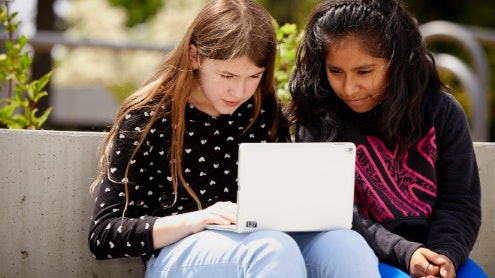Homepage
•
Learning Library
•
Blog
•
11 Resources To Boost Student Media Literacy
Expand breadcrumbs
Expand breadcrumbs
- Learning Library
- Blog
- 11 Resources To Boost Student Media Literacy
- Homepage
- •
- Learning Library
- •
- Blog
- •
- 11 Resources To Boost Student Media Literacy
11 Resources To Boost Student Media Literacy
By Jennifer Snelling
October 22, 2021








